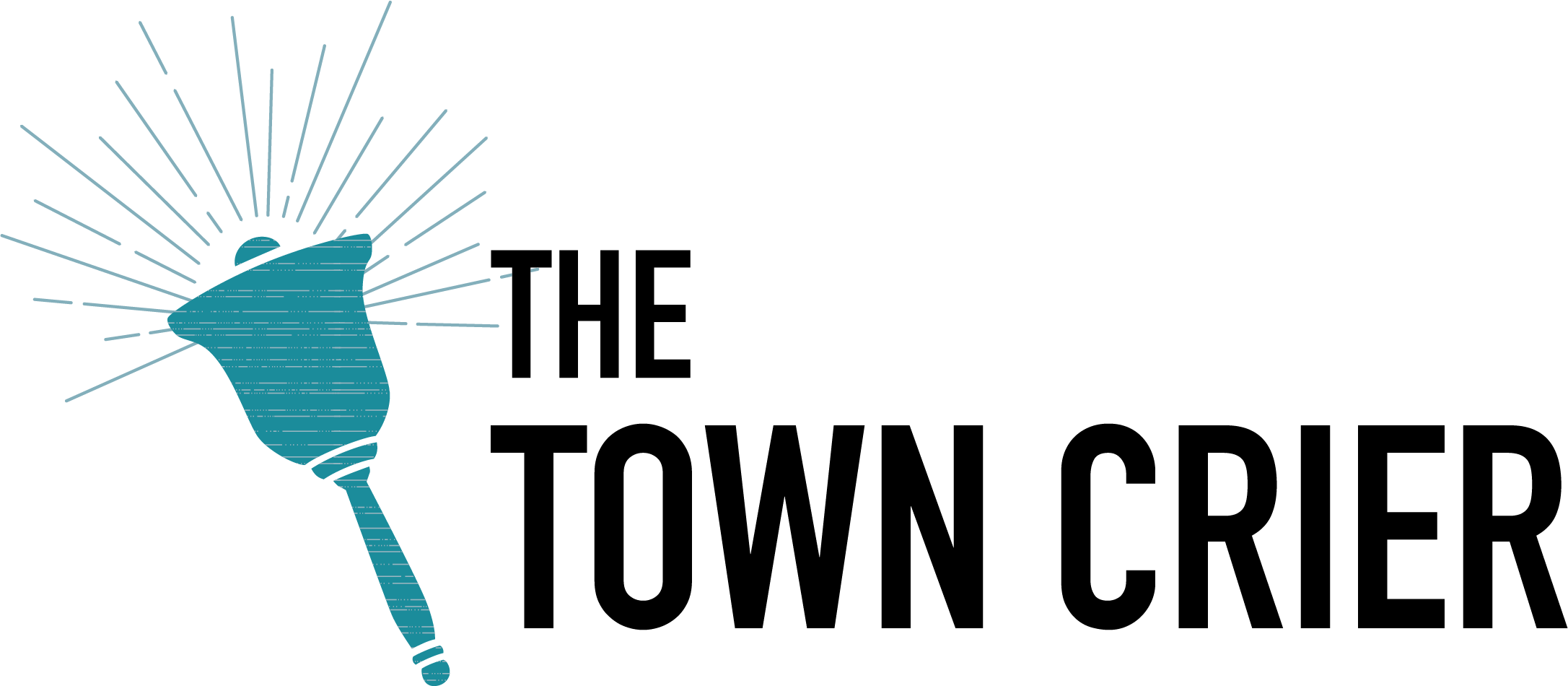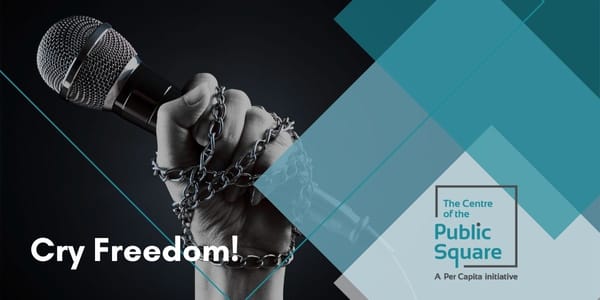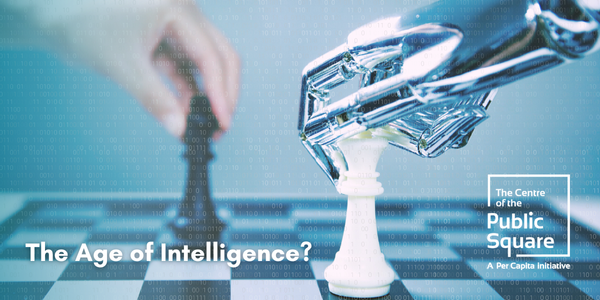The Workers, United

Hear Ye, Hear Ye!
I’ve just returned from the ACTU Congress in Adelaide, the bi-annual gathering to set the direction of the union movement. My two big take outs: (i) a good time was had by all and (ii) the coming AI wave loomed large over the whole event.
I hadn’t been to an ACTU event for a while and it was great to experience the vibe of a movement which, in partnership with a Labor Government, is looking to expand rights and protections rather than hold back the latest tide of neo-Liberal attacks.
As Prime Minister Anthony Albanese outlined to the Congress Dinner (inconveniently clashing with the PM’s beloved State of Origin) the list of labour achievements, notably on enacting new rights for gig workers, is substantial.
But it is on AI where the challenge for government to develop a systemic response to technological change is most profound – and the field for new ideas is wide open.
The discussions at the Congress represented two contrasting images of the future.
In her keynote address Danish academic Christina Colclough presented data dystopia where workers are exploited to train the machines that will replace them.
Meanwhile in separate sessions unions were explaining how they were already training bots to streamline internal admin processes, in order to free up more time for on ground organising.
It is in reconciling these two competing narratives that have emerged from the work I presented to the Congress, a deep dive study of the attitudes of nurses, retail workers and public servants.
Drawing of the ground-breaking scholarship of Daron Acemoglu and Simon Johnson, we took workers through a process of education, investigation and reflection about how AI might be used in their industries.
Our findings are stark – where new technology is imposed on workers it is exploitative and extractive, but when it is built in partnership with them it can lead to genuine productivity.
The challenge for government is to embed worker voice in the development of new technology, to maximise the benefits of its processing potential while identifying and enforcing the ethical red-lines that only they can identify.
Ultimately AI is not a discussion about technology, but about power. As I note in a piece on the research I wrote for Guardian Australia:
“If we are going to embrace AI let’s do so as active participants not passive subjects. Let’s embed the notion of shared benefits with strong industrial guardrails. Let’s get AI out of the IT department and onto the shopfloor.”
We talk more about this work with my collaborator Professor Nicholas Davis from UTS’ Human Technology Institute in this week’s Burning Platforms.
Also on this week’s episode:
· What does Apple’s deal with Open AI mean?
· Is Google capturing more of you than you realise?
· Can Australian ban election deep fakes?
Policy update
There’s two significant reviews currently underway, one focused and one broader, but both focusing on addressing the power of social media networks.
· The Statutory Review of the Online Safety Act – this is the legislation that lays down the power of the e-Safety Commissioner which includes the ability to order take-down of certain content on digital platforms.
· A more wide-ranging inquiry by the Joint Select Committee on Social Media in Australian Society – which will consider everything from age verification to the News Media Bargaining Code.
We’ll be submitting to both – if you have any strong views you’d like represented, drop us a line.
What We’re Clicking
Birds Aren’t Real – I can’t get enough of the ironic, is it or isn’t it a conspiracy theory that Peter McIndoe incubated, hatched and has now turned into a book. A case study in how humour trumps rumour in the misinformation wars.
Wrong Call? – Jessica Lessin writes that media companies rushing to make deals with generative AI may well be signing up to their own redundancy package.
Dirty Tech – Mariana Mazzucato lifts the bonnet on the environmental impact of generative AI and their propensity to suck energy out of power grids.




